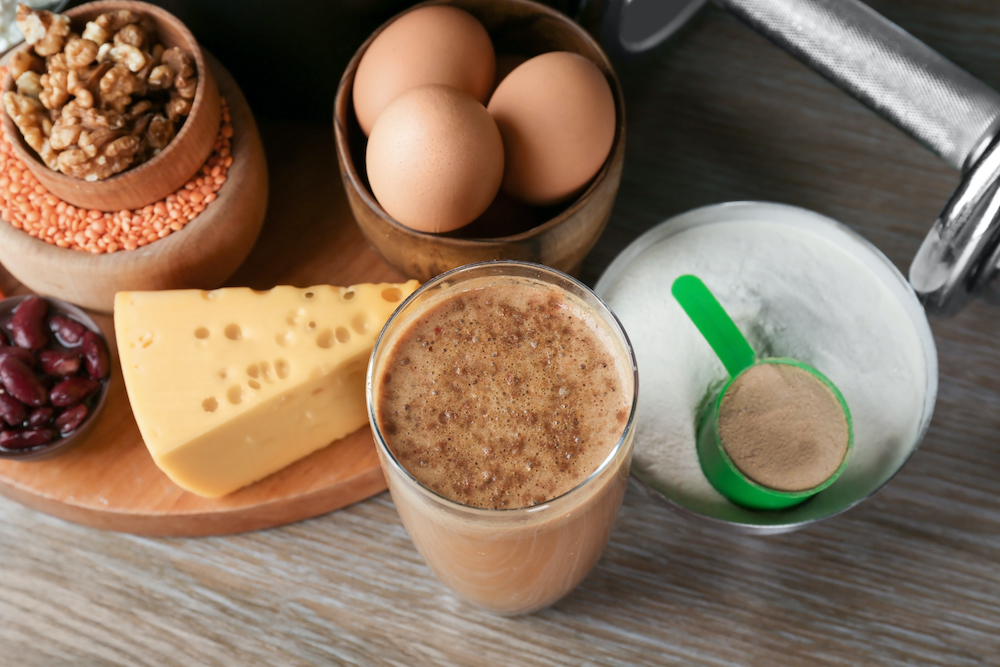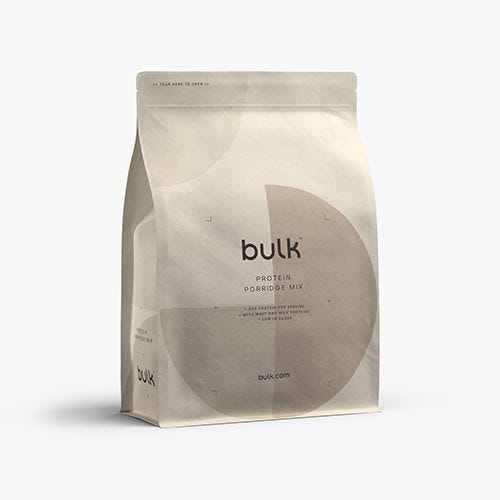The popularity of health and fitness has risen dramatically and the use of supplements has followed. This has led to a number of interesting, innovative and different ways to transform foods into healthy foods. This may be through increasing the protein content, adding an active ingredient, increasing nutrient density etc. Whey protein is one of the most popular supplement around, it’s no surprise that this has been incorporated into a number of these recipes. However, adding whey protein to hot meals and cooking can result in the protein denaturing. The heating stability of whey and amount of protein the body can utilise will guide you how to best add a boost of protein to your meals.
Is heating up whey protein bad?
HEATING WHEY PROTEIN CAUSES IT TO DENATURE
Heating whey protein causes it to denature as a result of the protein structures unfolding followed by aggregation. This results in a number of protein-protein interactions which change the overall structure. Some of these changes are reversible (covalent) whereas other interactions are not reversible (non-covalent). Therefore heating whey protein can change its structure and characteristics permanently (denatured). These changes can affect the way protein behaves in solutions of altering pH (a consideration with flavoured beverages, or with citric acid). The denaturing process can alter the viscosity of whey protein, causing your recipe to become thicker.
The protein interactions can also change and break the bonds between protein portions of whey protein, such as the bond between two molecules of Beta-Lactoglobulin. This will ultimately change the whole structure of the protein and the protein will become denatured. As some portions of the whey protein become denatured and altered. The amount of protein that is readily usable by the body decreases, resulting in a recipe or drink that is lower in protein than initially thought.
When does heating up Whey Protein damage it?
DENATURING BEGINS TO OCCUR AT 70˚C
Denaturing begins at 70˚C within whey protein concentrate and the extent to which it denatures increases with time and temperature. Further to the denaturing of protein, damaging effects on amino acids are found at higher temperatures of 80 – 140˚C. This would be the typical temperature of boiling water, or cooking temperatures for your high protein foods and drinks.
Due to this, we have made a point of making a heat stable whey protein available to our customers and only using this heat stable source of whey protein within our formulas and recipes that require heating such as Complete Protein Porridge™. We also have this source of protein available as an individual ingredient, Hydrolysed Whey Protein Isolate, so that customers who want to make their own foods and protein recipes can still do so as they please.
Related articles
Keen to learn more about fitness and nutrition? We believe that every person, with support, has the right to transform their lives through fitness. That’s why we’ve put together of articles with expert advice, all to help you on your fitness journey. With topics including protein-rich recipes, vitamins and supplements, explore more articles similar to this one.
Supercharging supplements Protein cake recipe
Body type diet Vitamins for energy and tiredness
Maca powder benefits Vegan burger recipe
Best strongman supplements Protein recipes
Protein shake before or after workout? Best vitamins for tiredness












